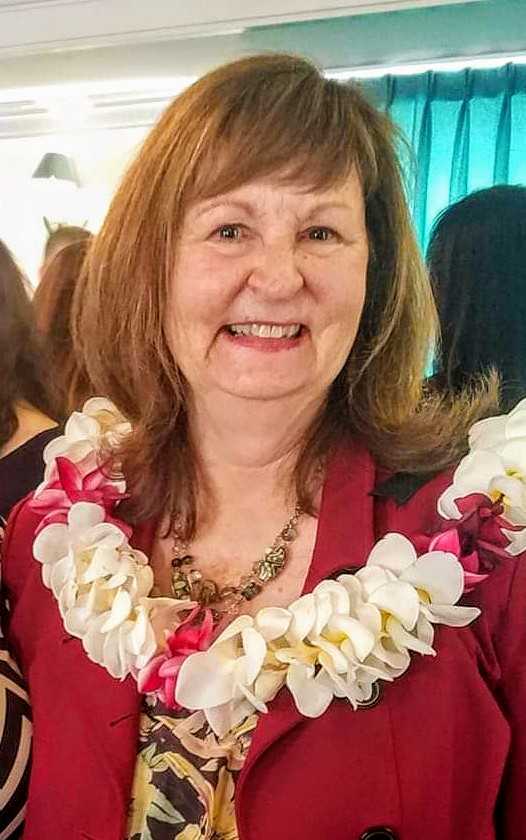Commission for Global Dimensions of Student Development
Monday, 4 November 2019 - 3:32pm
By Jane Kalionzes
For over 30 years I worked in an international student office at a major university and each fall semester I welcomed new international students. As their arrival approached I pictured them getting ready: applying for the U.S. visa (and hopefully receiving it), buying what was necessary for the time away (with the perception that it couldn’t be found in the U.S. or was cheaper at home), having good-bye get togethers with friends, seeing relatives, family dinners and finally the packing. But what I didn’t picture was the worry and the agony that the family felt as their precious child was not only leaving home but traveling a great distance away. I say family, but what I’m really talking about is how the mother felt, because I am a mother and this year it happened to me.
Our only son, who received his undergraduate degree at a university on the East Coast, after two post graduate years living at home, was going to the UK for his master’s degree. Sure, I was excited, thrilled actually, that he was going to study abroad. Yes, I’m so happy for him, I told everyone, and I was: until the week before he was scheduled to leave. Then the familiar feeling of emptiness from several years past began creeping up on me. It’s not the same as when he left when he was 18, I told myself, he’s mature now and will be fine. But this time it was further away and he was going into the Brexit debacle with predictions of food shortages and chaos. Was my angst rational? No, but a mother’s angst is not always rational.
I did my best to seem chipper (does that sound British?) during the week long departure build up. We hosted a party, friends came to give their goodbyes, then came the packing. Deciding what precious items went into the two suitcases most airlines allow and trying not to go over the allotted weight so there would not be an extra charge, I felt my anxiety rise.
How could I feel this way? I was a student affairs professional. During my long career I had greeted hundreds if not thousands of international students from around the world, calmed their anxieties, worked out their problems, at times befriended them, and tried my best to orient them to the university and the U.S. But what had we done for the parents? We never had a formal orientation for international parents and I realize now what a disservice we did to them. In recent years, as the university admitted more freshmen, more parents accompanied their students to the U.S. The time was right to plan and implement the parents orientation. Now, I am retired and this year my previous colleagues told me that they held an orientation for the international parents and it was a rousing success!
This was my point of view the week building up to the departure, with the teary goodbye at the airport and then feeling down next few days. But now, one month later, we have communicated often and he has adjusted well. The lesson here is for international offices to pay attention to orienting the parents of their students, as well as the students themselves. International parents need to be a part of their student’s education as much as American parents.
Bio of Jane Kalionzes

Jane Kalionzes holds a Master’s degree in Postsecondary Educational Leadership, with a specialization in Student Affairs. She is retired after 30 years advising international students at the International Student Center, San Diego State University, where her final position was Associate Director. She is a retired member of NAFSA: Association for International Educators, and has held many NAFSA leadership positions including Region XII Chair, and Trainer and Curriculum Writer for the NAFSA Professional Development Program. She loves to tell stories about her advising years, and hopes others enjoy hearing them as much as she enjoys telling them.

